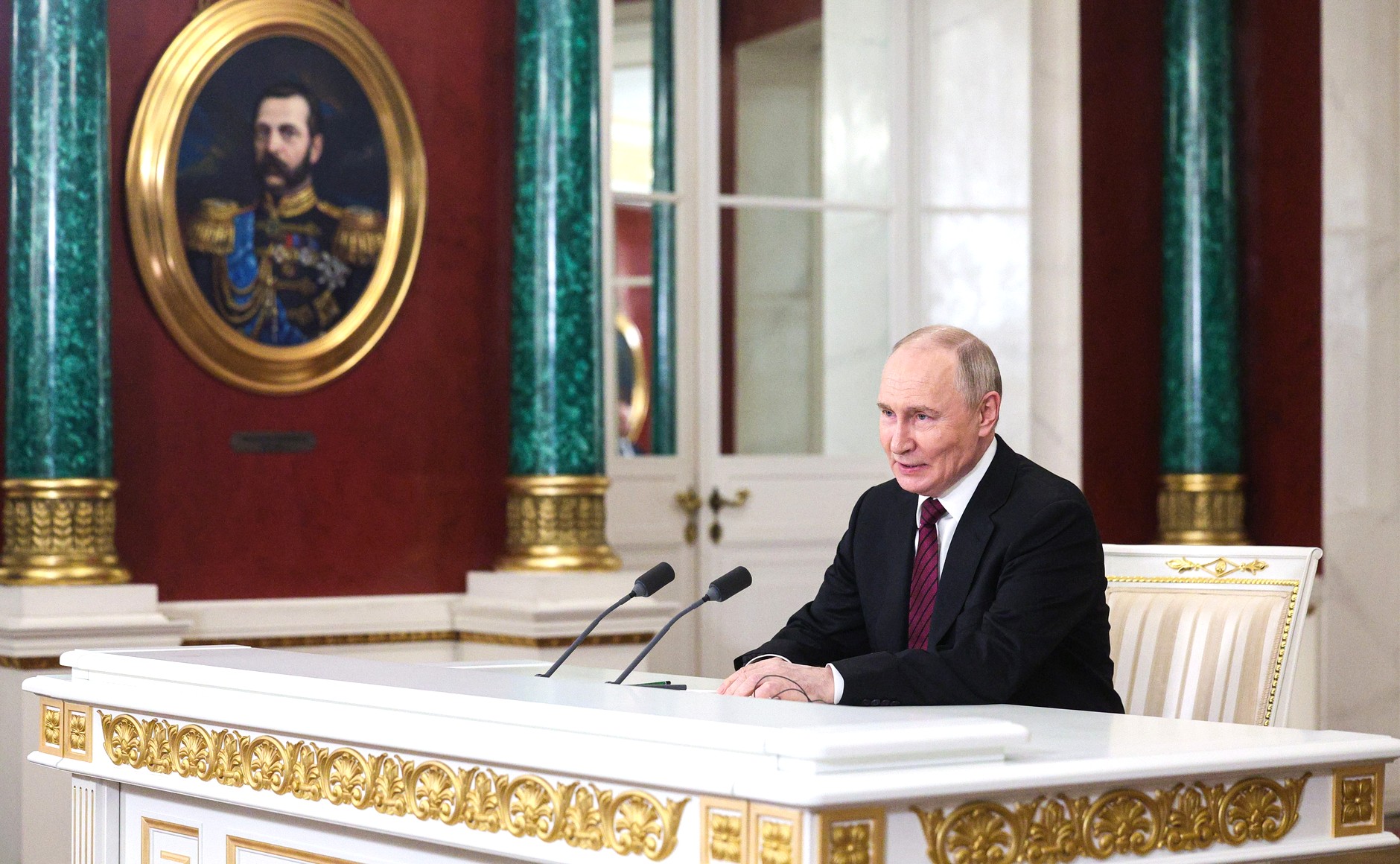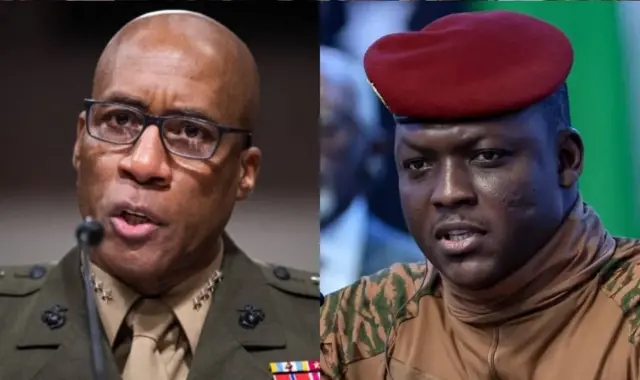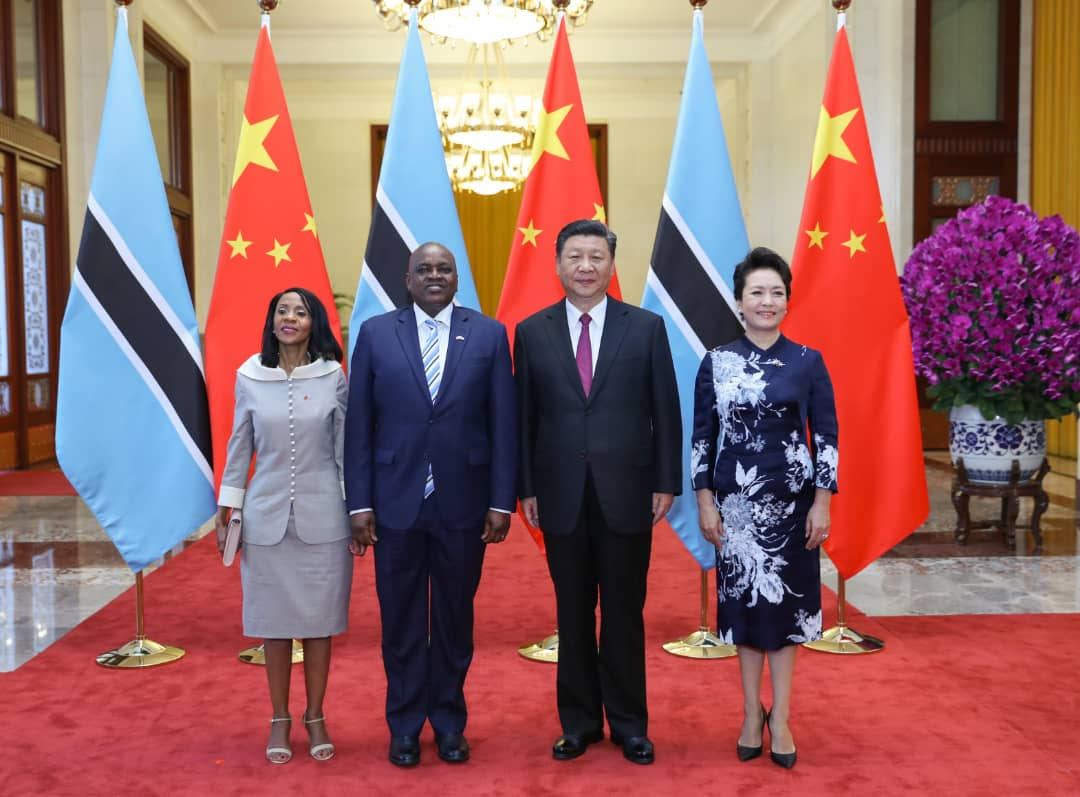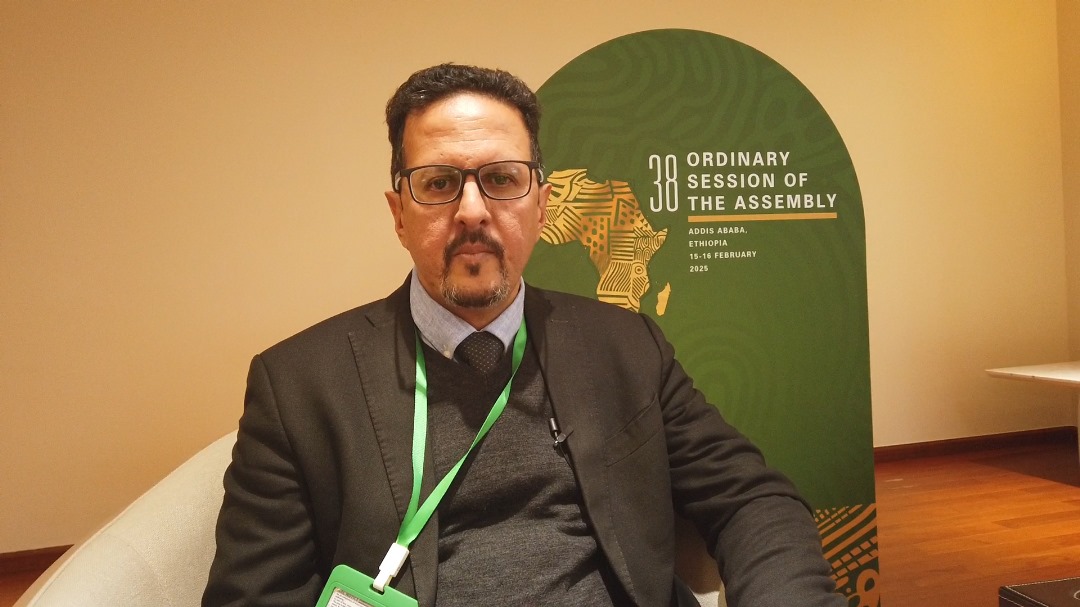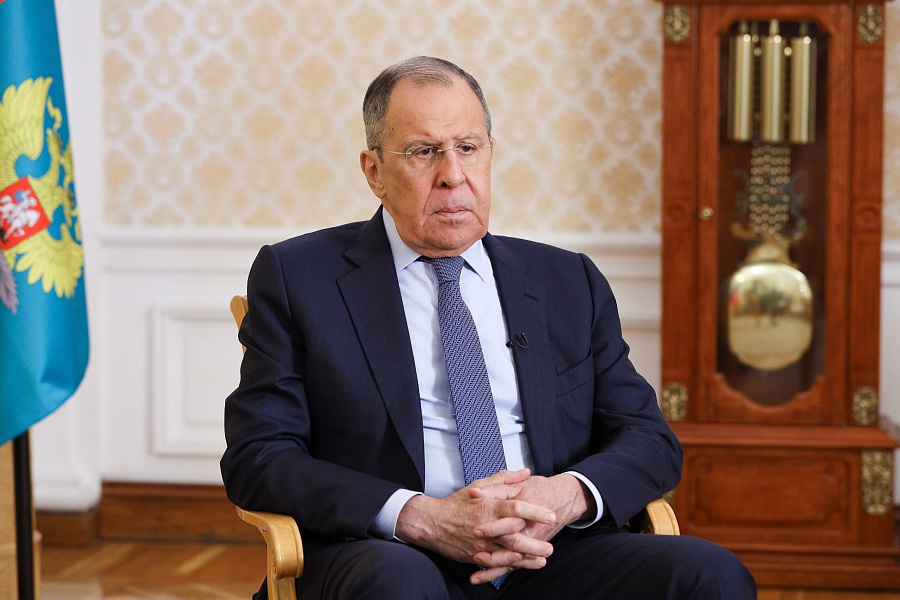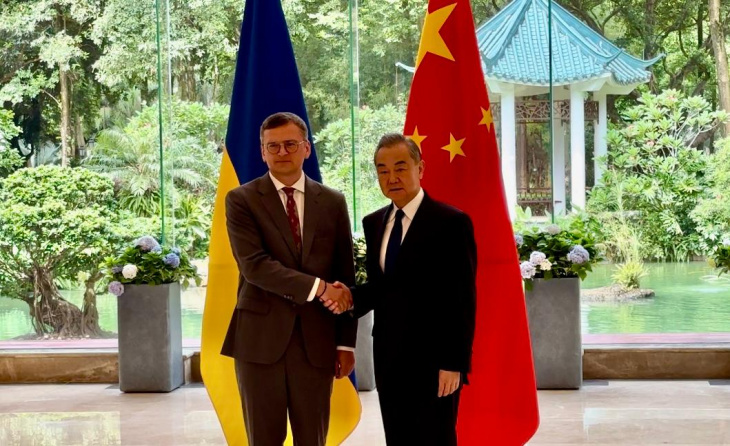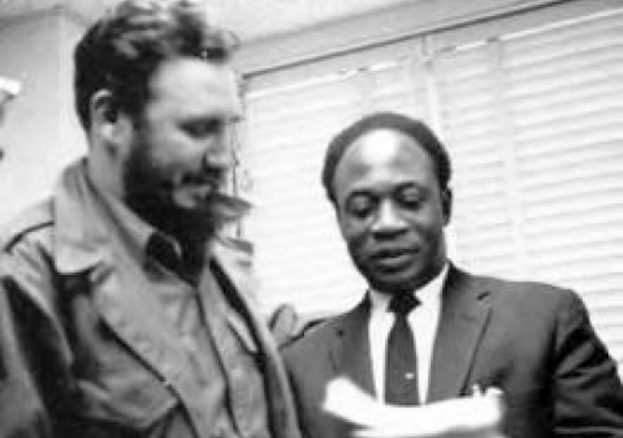
Fidel Castro with Ghana's founding president, Kwame Nkrumah
The late Fidel Castro lent support to several African and Caribbean countries, providing medical, educational, and in some cases military, aid. Now, posits Addai Sebo, the African Union (AU), and indeed the African diaspora, must acknowledge the support and sacrifice made by Castro and the Cuban people for the benefit of Africans all over the world.
It is not too late for African leaders to show resolve by collectively giving a deserving monumental honour to Commandant Fidel Castro and the people of Cuba at the headquarters of the African Union (AU). This posthumous honour should trigger the respective member countries of the AU touched by the solidarity and humanitarianism of the Cuban people, under the leadership of Fidel Castro, to also give due honour in their own expressive ways.
Hitherto, the fear of offending the United States of America (US) has prevented most of our leaders from expressing open gratitude to the people of Cuba and their leaders for their immense contributions to the cause of total liberation of Africa from colonial rule and the eventual defeat of the dehumanising apartheid system in Southern Africa.

Madiba Nelson Mandela proved an exception and openly slapped the wrist of the US when the US tried to persuade him to distance himself and South Africa from Castro and the people of Cuba. Mandela embraced Castro, without inhibition, and by that singular action gave Africa back its self-respect and sense of gratitude. Thank you Madiba but African leaders have to show more of a collective gratitude on behalf of their people, as former President Barak Obama did by opening the way through his rapprochement policy with Cuba.
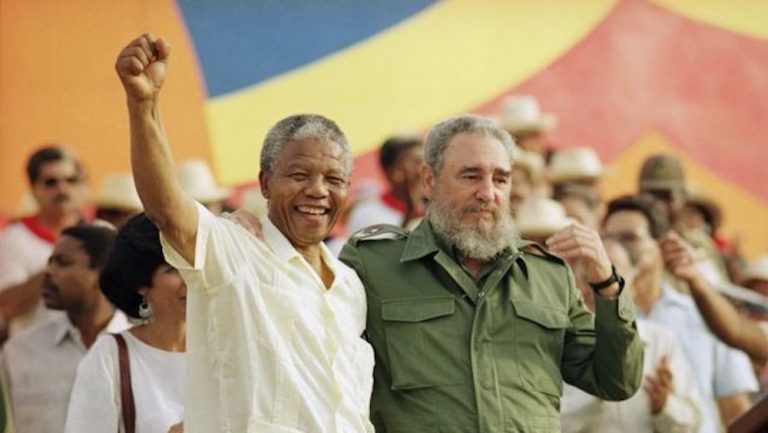
Africa’s great friend is Cuba and Cuba must remain Africa’s great friend in return. The significance of Cuban solidarity and unstinting love for and understanding of Africa must be taught in schools across Africa to instil that essential value of “Love thy neighbour as thyself” or “I’m my brother’s keeper”. For, it is on the strength of such moral foundations that future global peace and security could be ordered. It is the moral compass of Fidel Castro and his humanitarian impulse that shaped his courage to withstand the immoral onslaught of the US to bend the knees of Castro and the Cuban people.
Though bombarded by US sanctions and vicious campaigns to isolate Cuba internationally, Castro and his people would not allow the US to bend their knees, however wounded. This is the stark lesson that must be taught as part of the glorious history of Pan-African resistance to imperialism and colonialism and the enslavement and revolts that shaped the political-economy of the Americas and Europe and humanised a section of the American and European ruling classes as their conscience got constantly stirred by the “Amazing Grace” and equanimity of the “field and house negroes” who provided for and served them.
And Castro and the Cuban leadership never forgot the horrid and hounding brutality of it all when a slave would dare stand up to their master or mistress and for showing such courage this slave would be asked to kneel in a test of wills. This daring slave would not kowtow and so a slave-driver would be asked to whip and bloody this courageous African to submission but this slave would absorb all the pains with such fortitude that further enraged the slave master. The slave master would take out his revolver and shoot this African in the knees to make him bend to the will of the “whiteman” and the white order. This proud African, refusing to be humiliated any longer, would be felled to death only by the bullets but not bent by the will of the slave master.
It is this hounding image, taught in the schools of Cuba, along with the avid study of the history of successful slave revolts in Haiti, Brazil and Suriname and the sufferings of Native Americans that stayed with the Cuban leadership and shaped their consciousness and sense of human solidarity. The US therefore could not bend the “Wounded Knee” of Cuba to their will. Such is Castro’s and Cuba’s lesson to African leaders.
When news broke out in late 2007 about the failing health of Fidel Castro, a looming sense of shame overpowered me making me shiver at the thought that Castro could die before Africa gathered collective courage to honour him. Castro deserved such a continental honour. I, independently, set myself on a mission and made contact with the AU headquarters in Addis Ababa and shared my trepidations with some officials who asked me to prepare an aide memoire which would stir the conscience of the secretariat into action.
I prepared and presented the document with all the justifications and what could be done and these enthusiastic officials promised to push it through the bureaucracy. Then all of a sudden the enthusiasm at Addis Ababa waned and the follow-up trail went cold as my persistent calls would not be returned. I was tipped off later not to waste my time and I took heed knowing the inner workings of the headquarters where I had served, during the transition period from the Organisation of African Unity (OAU) to African Union (AU), as an ex-officio special advisor to His Excellency Amara Essy, the OAU Secretary-General (17 September 2001 – 9 July 2002) and Interim Chairman of the AU Commission (9 July 2002 to 16 September 2003), who was steering the transition.
Though disappointed but undaunted, I kicked in motion my Plan B looking for a state with integrity and a leadership who are their “own men” and would not think first, how the US or France or Britain were going to react. My radar fell on the sovereign Republic of Namibia and the ruling SWAPO (South West Africa People’s Organisation). I appealed to the SWAPO leadership through my good old friend, Dr. Theo-Ben Guirirab, then the Speaker of the National Assembly and former Prime Minister and Foreign Minister and went to Windhoek to rob minds with them.
The Founding President, Sam Nujoma, was also consulted. The President then, Hifikepunye Pohamba, agreed to use the occasion of their 18th independence anniversary to confer the country’s highest national honour on Fidel Castro and the people of Cuba. On 21 March 2008 President Pohamba duly paid the greatest tribute to Commandant Castro and the indomitable people of Cuba and conferred on them, “The Most Ancient Order of the Welwitschia Mirabilis” on behalf of the ever-grateful people of Namibia and others in Africa. This historical event was duly made the cover story of the New African magazine in their April 2008 issue under the cover title of FIDEL CASTRO: AFRICA’S GREAT FRIEND.
What therefore is Castro’s core lesson to African leaders and their ruling elite? When Fidel was sick and dying, he demonstrated absolute faith in the very health system created by his own regime by remaining in Cuba and placing his life in the hands of Cuban doctors and facilities. It is this singular faith, respect to his living environment and the national adulation that may have prolonged his life.
Africa has a moral obligation to help Cuba heal its “Wounded Knee”. To the people of Cuba their service, sacrifice and heroism to Africa has been a fraternal and internationalist duty. They thus seek no recompense. But here, Africa has a conscience. Cuba’s “Wounded Knee” must be healed and Africa has the healing resources to provide the panacea for Cuba. Special terms of trade and preferential access must be given to Cuba through constitutional acts, first multilaterally by the African Union and then individually by member states. Africa must stand by Cuba not in words but deeds. And this must be done because we CAN do it.
© Akyaaba Addai-Sebo, Independent Consultant on National Interest and Preventive Diplomacy.




